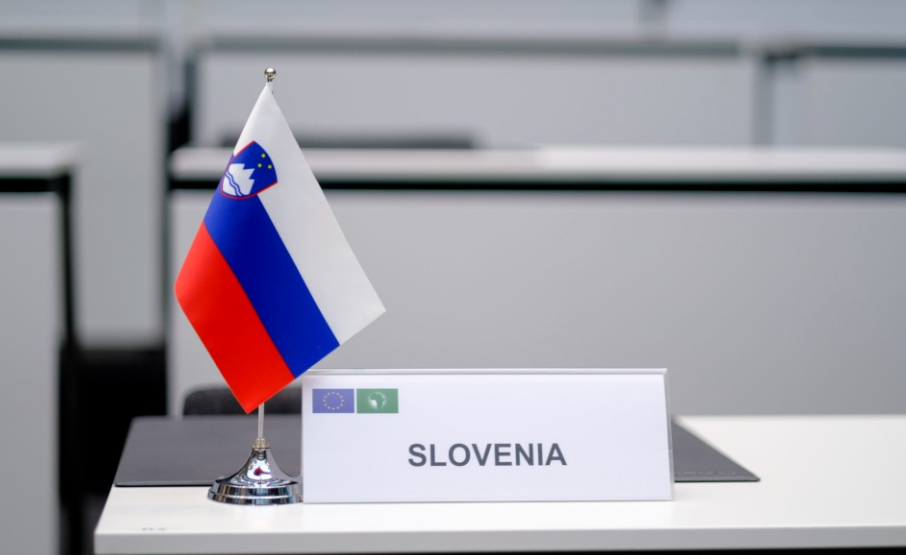In this year’s World Competitiveness Ranking, Slovenia has fallen by four places – to 46th place. Slovenia’s competitive advantages remain international trade, the level of prices, and the social framework, with tax regulation and the competence of the government in last place.
Slovenia lost another four places in the annual IMD World Competitiveness Ranking and thus ranked 46th out of a total of 67 countries. The fall comes after Slovenia already lost four places in 2023. IMD believes that the analysis serves as a benchmark for countries to measure their progress and identify areas for improvement, offering a clear path to their economic development while supporting global goals such as the Sustainable Development Goals.
The Swiss International Institute for Management Development (IMD) has published the global competitiveness ranking for the year 2024. The analysis is based on statistical data and surveys in which 256 indicators were included this year. The analysis took place in 67 countries, and Ghana, Nigeria, and Puerto Rico were newly included. One hundred Slovenian managers of small, medium and large companies responded to the survey indicators. The key factors this time were the combination of geopolitical risks, the loss of traditional markets, inflation and the challenges of supply chains with raw materials and energy products.
Slovenia has regressed again
This year, Slovenia fell by four places – to 46th place, while it already recorded a drop last year and the year before. Slovenia is one of the countries in Eastern Europe that lost an average of three places in the last year and reached an average rank of 45, which is the worst ranking in the last five years. The biggest drop was experienced by the Czech Republic (11 places), Peru (8), Hungary (8), Malaysia (7), Estonia (7), Slovakia (6), Turkey (6) and Belgium (5).
Out of all of the above, Slovenia is the most competitive in international trade, ranking 8th, followed by price level (18th), social framework (20th) and education (24th). After the pandemic, the Slovenian economy quickly recovered, but in the last two years, it has lost its advantage due to slowing economic growth, the energy crisis, high inflation, and labour shortages. The quality of infrastructure, which was once an asset, has also deteriorated.
Dissatisfaction with the tax system and the competence of the government
Government and business efficiency are the worst-rated aspects of competitiveness, which is also tied with business efficiency, which fell to 57th place. The surveyed managers cite a high level of education and a skilled workforce as the most important factors in Slovenia’s attractiveness, followed by reliable infrastructure, a strong research culture, a dynamic economy, as well as openness and a positive attitude. In last place are the tax regulation and the competence of the government.
The most competitive is Singapore
Singapore has the most competitive economy out of the 67 countries in the eight main world regions. This is the main finding of the IMD 2024 World Competitiveness Ranking (WCR), which measures economies with population size and GDP at both ends of the scale. Switzerland and Denmark ranked second and third, respectively, while Nigeria, Ghana and Puerto Rico appeared in the ranking for the first time. The World Competitiveness Ranking provides these economies with “a timely integration of performance indicators as a unique tool tailored to their specific needs and challenges,” said Arturo Bris, Director of the IMD’s World Competitiveness Centre, which produces the annual rankings in question.
T. B


